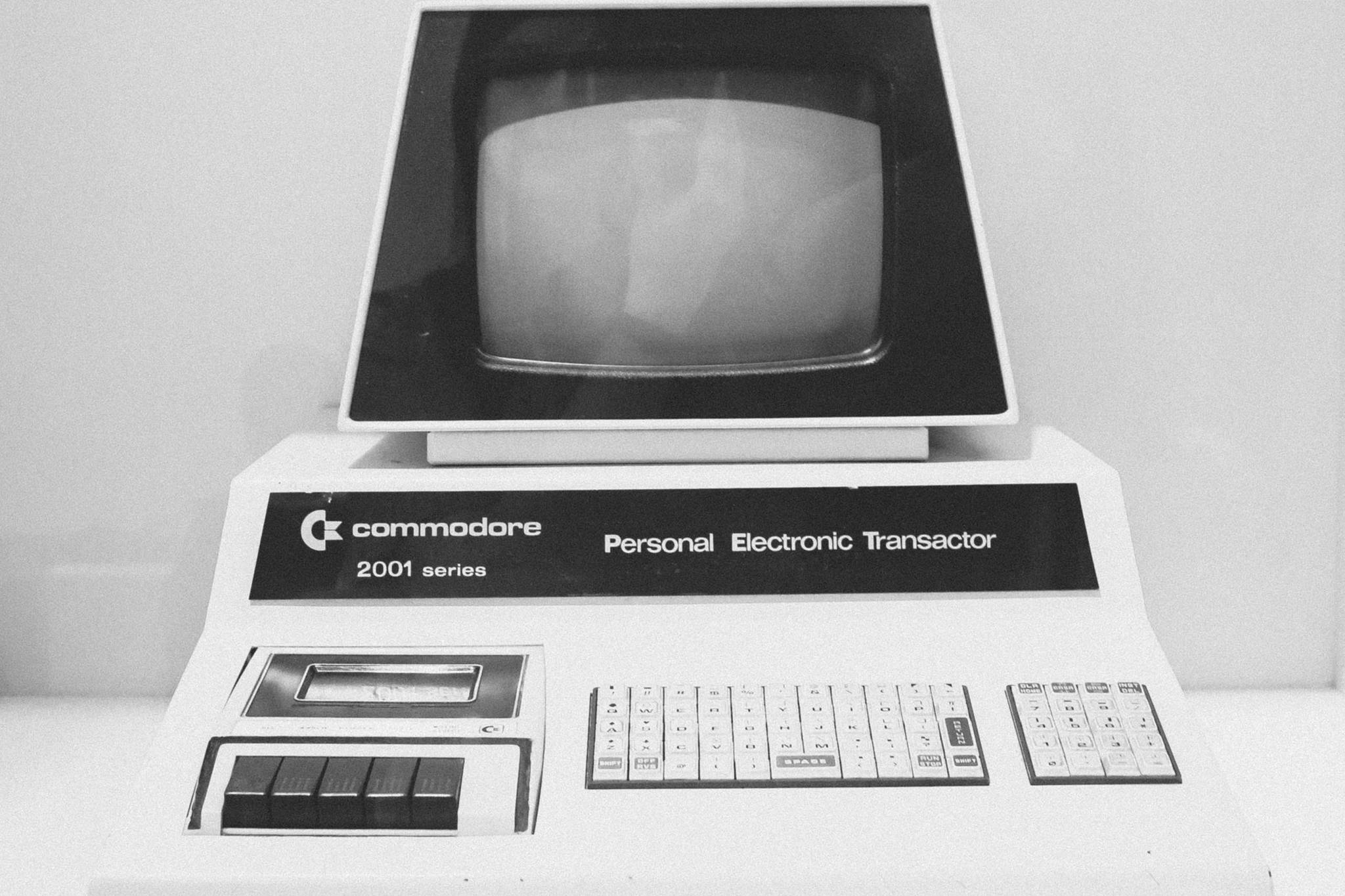Have you seen these memes online? “You might be middle-aged if you learned to type on an IBM Selectric typewriter.” “You qualify for the senior rate if you’ve ever dialed a rotary phone.” “You know you’re old if you still have trouble pronouncing the word ‘meme’.”
As the world continues to change, there is a growing list of everyday items that are virtually unknown to young people of today.
For instance, my 20-something daughter likes to travel. She spent a semester in Europe, riding the trains from one country to another on her weekend breaks. Yet, she has never used travelers checks. Remember how those worked? You had to sign the book of checks in advance, and then sign again when you used them as currency. Woe unto you if your two signatures didn’t match! Even worse was the all-too-common situation where a business did not accept travelers checks. That emergency stash of cash was a lifesaver. But not today. A debit card was all she needed.
My daughter never once bought an aerogram, that thin blue piece of stationery where you would write in your tiniest handwriting to fit the entire letter on one page to avoid an expensive stamp for mailing overseas. Email or texting does the trick now. If she wanted to call home, she didn’t have to search out a phone booth on the corner and then try to place a collect call to another country. Cellphones work all over the world. She doesn’t even own an address book to write down the phone numbers of her friends and family. Again with the phone.
OK, let’s talk about phones. Phones and I go way back. When I was a teenager, that most important time in an individual’s phone-use life, we had two phones in my house. They were both rotary phones attached to the wall with a long cord. When placing a call, you had to drag the dial around to collide with the finger stopper for each digit in the phone number, and then let it spring back before going on to the next digit. Dialing the phone required a certain amount of force and finger dexterity, leaving plenty of room for creative expression depending on your mood.
As a teen I coveted a phone of my own — a beautiful Victorian style phone with a shiny white base and a delicate handset resting in an upright cradle, embellished with gold leaf. Imagine the conversations I could have had on such a lovely instrument! But it was not to be. Instead, my family traded in our rotary phones for touch-tone models, thus speeding up the dialing process by at least five minutes per call. Cordless phones followed, and then society reached that marvel of technology, the mobile car phone. I never had one — they were reserved for the self-important individuals who felt the need to be constantly available in case someone might want to call them. Then cell phones came along, and we all succumbed to that desire to be perennially connected. My first cell phone was a flip phone — cutting edge technology that made me feel like I was living in Stardate 2230.4, about to embark on a five-year mission to seek out new life and new civilizations. Today, flip phones embody the crude early days of cellphone tech.
Similarly, word-processing technology has relegated the typewriter to an antiques store. But some of the old terminology has survived, like the “cc” line on your email. In case you didn’t know, “cc” stands for “carbon copy.” Back in the old days, if you wanted to copy someone on a letter you would make a paper sandwich with your letterhead on top, the carbon paper in the middle with the inky side down, and a plain piece of typing paper on the bottom. You’d roll that paper sandwich into your typewriter, click clack on the keys and sling the carriage back at the end of each line until you reached the end of your communication and ripped the whole package out with a flourish. But not too much of a flourish! You had to be really careful with carbon paper, because accidentally touching the inky side was as good as having your fingerprints taken — all over your pristine letter. If you made a typo, heaven forbid, you could use correction tape or a typewriter eraser to correct the top sheet of paper, but the carbon copy would show all your mistakes.
My list could go on. Young people of today have never mastered the art of refolding a road map from the gas station. They can put away Google Maps with the flick of a finger. They’ve never licked a stamp for that obligatory “wish you were here” vacation postcard. Social media posts take care of that.
But their time will come. Thirty years from now the young people of today will confront their own internet meme depicting a cloth face mask with the caption, “You might be middle-aged if you remember wearing one of these to school.” They’ll feel just about as nostalgic about the mask as I do about the carbon paper.
• Peggy McKee Barnhill is a wife, mother and author who writes cozy mysteries under the pen name “Greta McKennan.” She likes to look at the bright side of life.

